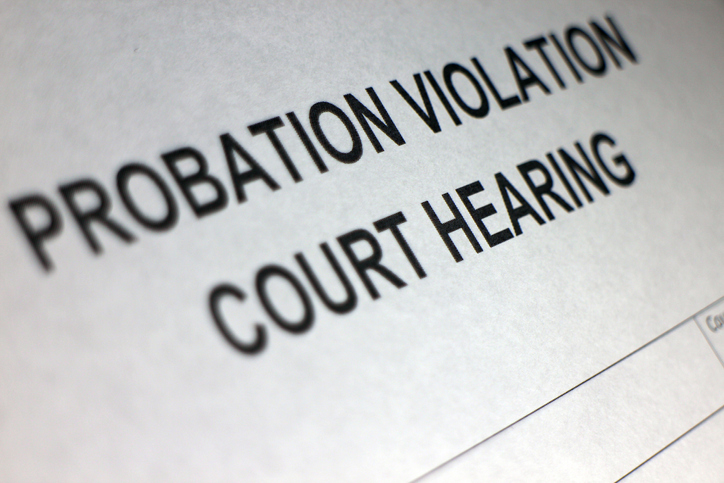The Consequences of Parole Violations in Pennsylvania

After being released from prison, an individual goes through a reintegration period called parole. During that time, parolees have certain conditions they must meet before being deemed ready to fully re-enter society. In a sense, the parole period acts as a test, and only by meeting all of the requirements can a person pass.
Parolees in Pennsylvania typically must remain under the supervision of a local office and refrain from leaving a certain area without permission of your supervising parole officer. They also need to get written permission before moving to a new residence and will have to make regular contact with their parole officers — especially if you make contact with law enforcement.
In some cases, parolees may need to maintain steady employment or engage in drug or alcohol treatment counseling. And if they have any outstanding fines, they will need to make progress on paying them off per a predetermined schedule they work out with a parole officer.
If people under parole violate one or more of the conditions, they are likely to face additional consequences. Parolees could be charged for separate crimes, in addition to the violation of parole — which has its own penalties.
Your rights when accused of a parole violation
However, before parolees are sent back to jail or are handed any additional legal penalties, they have the right to due process, which includes a hearing, the chance to hear any evidence presented against them, and the right to try to convince the board they did not actually violate their parole or that the violation was relatively harmless.
These hearings proceed in much the same way as a standard criminal case. Parolees and their attorneys hear the evidence from the prosecution and collect evidence of their own, including witnesses when appropriate. If successful, parolees will return to their parole routine, although likely under closer supervision and possibly with some stricter rules. If unsuccessful, the parolee could have to go back to jail or prison.
To learn about how you can set yourself up for success in a parole violation hearing, speak with a reliable Philadelphia criminal defense attorney at the Law Offices of David Jay Glassman. Call us today at 215-563-7100 or contact us online.
